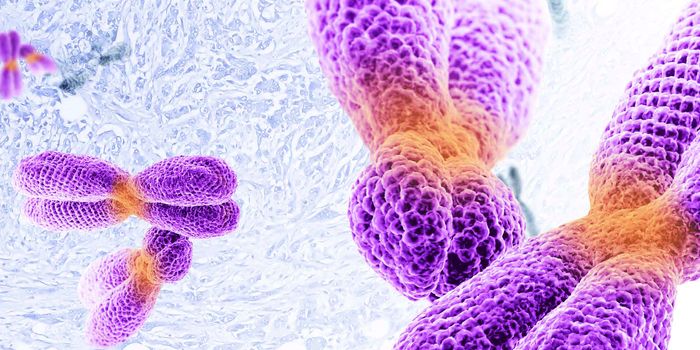Global Cancer Burden Concerns: Cancer Incidence in Young Adults Continues to Rise
A report published earlier this month in BMJ Oncology delivered some concerning statistics. Cancer incidence in young adults (individuals under age 50) has risen considerably over the past three decades.
The data used in the study came from the Global Burden of Disease Study 2019 (GBD 2019) database. The study investigated the global burden of early-onset cancers, defined as those diagnosed in individuals aged 14 to 49. The researchers focused on 29 different malignancies, including breast, lung, and colorectal cancers, and they considered incidence and mortality due to early-onset cancer. In addition, the study looked at the effect of early-onset cancers on disability-adjusted life years (DALYs), a measure of the years of life lost due to premature mortality due to early-onset cancer plus the years of life lived with a disability due to developing early-onset cancer.
The researchers found that the global incidence of early-onset cancer increased by almost 80% between 1990 and 2019. Further, deaths attributed to early-onset cancers increased by nearly 30% in the same timeframe. Of the 29 early-onset cancers the researchers looked at, breast, tracheal, lung (including bronchus), stomach, and colorectal cancers had the highest mortality and DALYs.
The researchers also analyzed how quickly the incidence of each early-onset cancer rises. They found that prostate and nasopharyngeal (a malignancy developing in the upper part of the throat behind the nose) cancers increased the fastest during the thirty-year time period. On the other hand, liver cancer incidence decreased the fastest.
When the researchers examined demographic factors concerning early-onset cancer burden, they found that early-onset colorectal cancer correlated to the highest DALYs in both men and women.
The study evaluated the impact of sociodemographic index (SDI) on the incidence of early-onset cancer. SDI considers fertility rate under the age of 25, education level at age 15 and older, and income per capita, which indicates the development status of a particular location and strongly correlates to the health of the individuals in the area. The analysis revealed that areas with high-middle and middle SDI carried the highest burden of early-onset cancer. Mortality rates associated with early-onset cancers decreased when SDI increased.
When examining risk factors associated with early-onset cancers, the study showed diets high in red meat and sodium and low in fruits or milk correlated to the incidence of early-onset cancers. Additionally, the study found alcohol and tobacco use increased the risk of early-onset cancers.
The data suggests that global incidence and mortality due to early-onset cancers will continue rising. The researchers project that, by 2030, the incidence of early-onset cancers will increase another 31% while the mortality associated with early-onset cancers will increase another 21%.
This study is not the first to indicate that cancer incidence among young adults is on the rise. However, this study builds on previous reports by exploring risk factors associated with early onset cancers, presenting the framework for developing cancer prevention programs targeted at vulnerable populations.
Sources: BMJ Oncol, Nat Rev Clin Oncol









